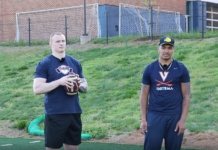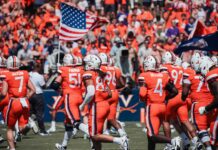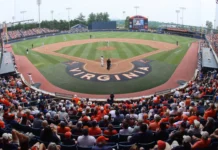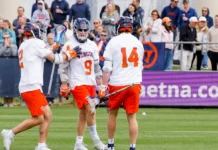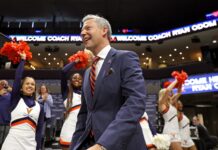The NCAA has opened the door for collegiate athletes to profit off of their name, image, and likeness (NIL). The NCAA approved legislation to immediately suspend restrictions surrounding NIL for student-athletes across all three NCAA Divisions.
For college athletes, this approval means that they can earn revenue from endorsement deals, signatures, video game rights, social media accounts, and other ventures that were previously unavailable. Additionally, the NCAA is allowing athletes to sign with an agent, placing responsibility on the universities to keep student-athletes within state law.
This decision comes just days after a United States Supreme Court case in which the Supreme Court Justices unanimously sided against the NCAA in its attempt to place a limit on the amount of academic-related benefits for student athletes.
While this decision did not have a direct impact on the NIL debate, Justice Brett Cavanaugh stated in his opinion that, “The NCAA’s remaining compensation rules [NIL] also raise serious questions under the antitrust laws.” Now, just over a week later it appears that litigation will not be necessary
In an attempt to provide a framework to student-athletes following this landmark decision, the NCAA released the following guidelines:
- Individuals can engage in NIL activities that are consistent with the law of the state where the school is located. Colleges and universities may be a resource for state law questions.
- College athletes who attend a school in a state without an NIL law can engage in this type of activity without violating NCAA rules related to name, image and likeness.
- Individuals can use a professional services provider for NIL activities.
- Student-athletes should report NIL activities consistent with state law or school and conference requirements to their school.
After years of public criticism for their stance on student-athlete compensation, the NCAA has taken a giant leap in the court of public opinion and changed the definition of what it means to be a student-athlete.







